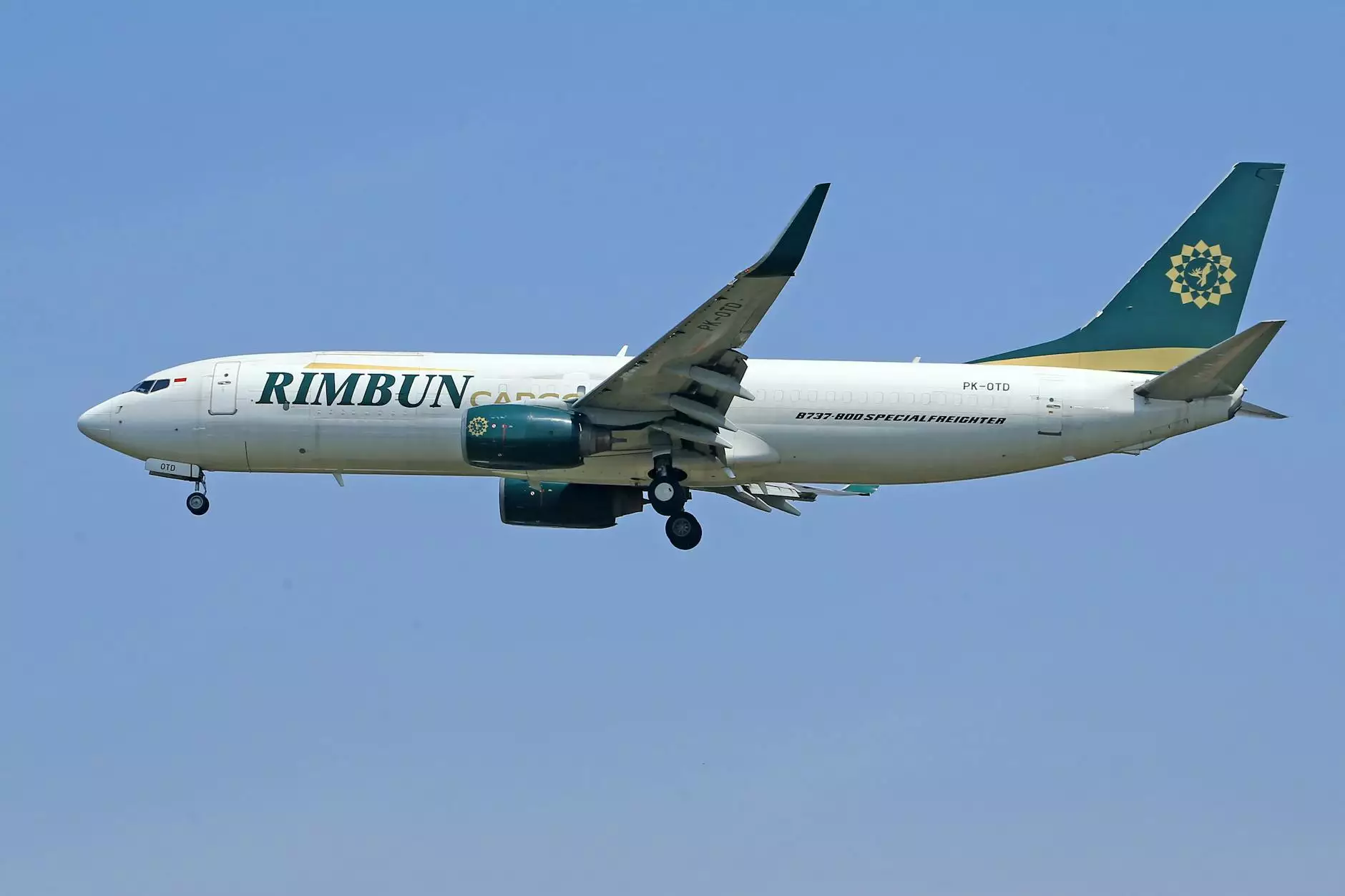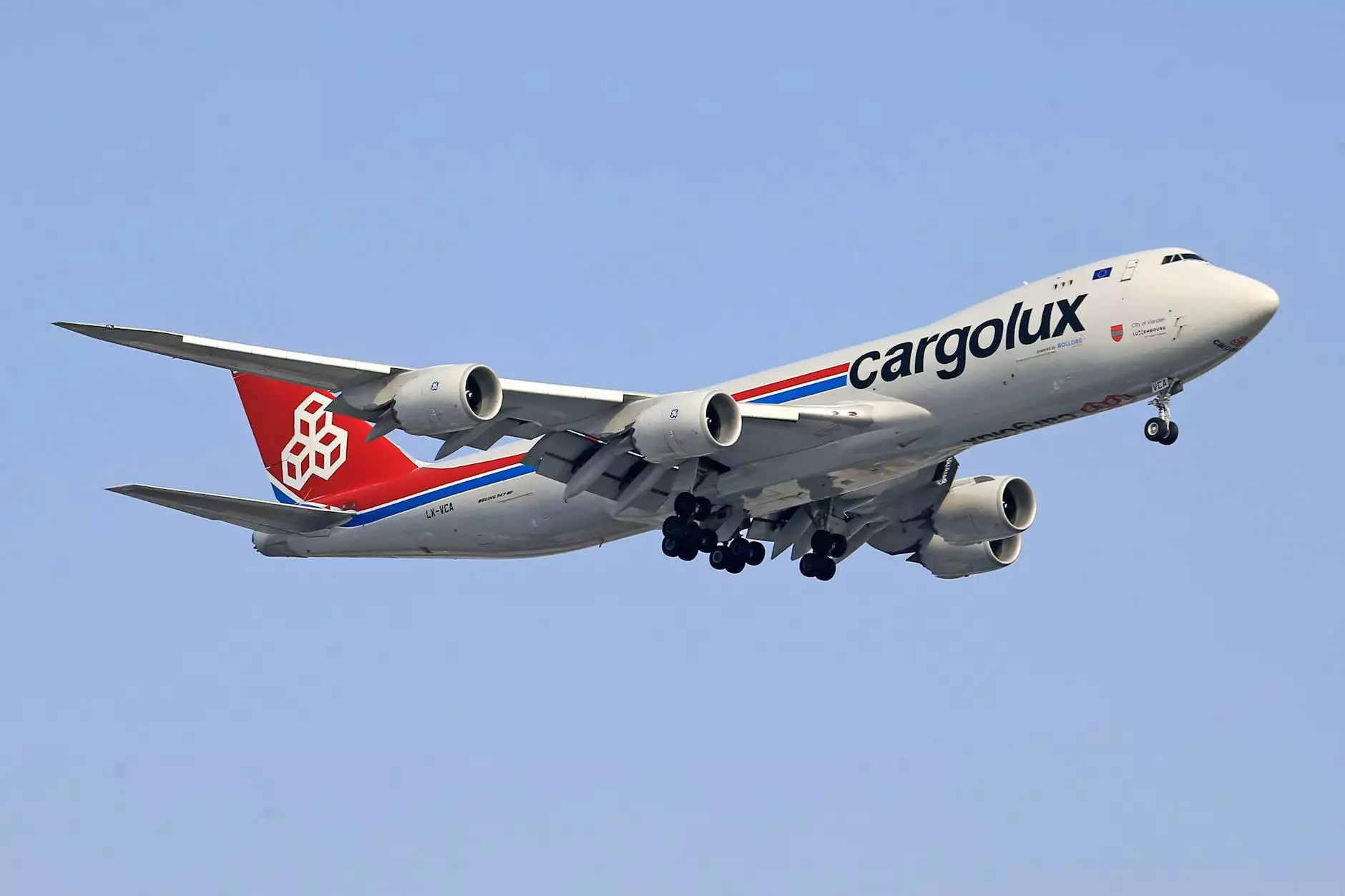Understanding International Air Freight Charges for Your Shipping Needs

International air freight is a crucial service for businesses looking to transport goods across borders quickly and efficiently. However, comprehending the associated international air freight charges can seem daunting. This detailed guide will help you navigate through the complexities of air freight pricing, providing insights that can empower your logistics decisions.
What Are International Air Freight Charges?
International air freight charges encompass the fees that businesses incur when shipping goods via air transport. These charges can vary widely based on several factors, making it essential for businesses to understand the components of these costs.
The Components of International Air Freight Charges
Air freight charges consist of various elements, each contributing to the overall cost. Below are the primary components that businesses should consider:
- Weight and Volume: Air freight charges are typically calculated based on either the actual weight or the dimensional weight of the cargo, whichever is greater. It is important to know how to measure dimensional weight.
- Shipping Method: The choice between express and standard shipping can affect the rate. Express services are faster and therefore often more expensive.
- Destination: Costs can vary significantly based on the destination country and the specific airport. Some regions may incur additional fees.
- Seasonality: Demand for air freight services can fluctuate seasonally, impacting rates. Peak seasons often lead to higher charges.
- Insurance and Security Fees: Additional fees may apply for insurance on valuable items and for enhanced security measures.
Understanding Weight and Volume: The Charge Calculation
In air shipping, the calculation of freight charges often involves both weight and volume. It’s essential to understand both concepts:
Actual Weight
This is the straightforward weight of the cargo. Airlines usually charge per kilogram or pound, depending on the pricing structure.
Dimensional Weight
Dimensional weight (or volumetric weight) is calculated based on the volume of the shipment, using a specific formula:
Dimensional Weight = (Length x Width x Height) / Dimensional Factor
The dimensional factor is usually provided by the airline (often 5000 or 6000 cubic centimeters per kilogram, depending on the region). If the dimensional weight exceeds the actual weight, the chargeable weight will be the dimensional weight.
Factors Influencing International Air Freight Charges
Various factors can significantly influence the costs associated with international air freight. Understanding these can help businesses better budget and manage their shipping costs.
1. Distance to Destination
The further the cargo has to travel, the higher the shipping charges are likely to be. This is often due to increased fuel and operational costs incurred by the airline.
2. Airport Fees
Each airport has its own set of handling and service fees which may influence the overall cost. Some airports are busier and may charge higher fees.
3. Type of Goods Shipped
Special cargo, such as perishables or hazardous materials, can attract additional charges due to the need for special handling or transportation procedures.
4. Duty and Customs Fees
International shipping also involves customs regulations and duties. These can add to the overall costs and should be factored into the total shipping budget.
How to Optimize International Air Freight Charges
By understanding the components and factors affecting international air freight charges, businesses can adopt strategies to minimize costs:
- Choose the Right Shipping Partner: Partnering with a reputable freight forwarder can provide access to better rates and services.
- Consolidate Shipments: Shipping items together can often reduce costs compared to sending multiple shipments separately.
- Plan Ahead: Avoiding peak seasons can lead to significant savings. It's beneficial to plan shipments at off-peak times whenever possible.
- Regularly Review Shipping Needs: Periodically reviewing your shipping practices and costs can uncover opportunities for savings.
Common Misconceptions About International Air Freight Charges
There are several misconceptions surrounding international air freight charges that can lead to confusion for businesses:
1. All Freight Charges Are the Same
This is false; charges vary based on numerous factors including the airline, route, and type of goods shipped.
2. Air Freight Is Always the Most Expensive Option
While often costlier than sea freight, air freight offers speed that can lead to overall savings in critical situations.
3. Hidden Fees Are Inevitable
Though some fees may not be immediately apparent, a transparent freight forwarder should disclose all potential charges upfront.
The Future of International Air Freight Charges
As businesses continue to globalize, the demand for international shipping is bound to grow. However, the costs associated with international air freight charges will likely adapt to various market trends:
1. Technology and Automation
Innovation in logistics technology will lead to more efficient shipping routes and management systems, potentially lowering costs over time.
2. Environmental Regulations
As sustainability becomes a priority, new regulations may alter shipping costs, compelling businesses to adapt to greener shipping methods.
3. E-commerce’s Influence
The rise of e-commerce is transforming logistics expectations, as consumers demand faster shipping, influencing market rates and operational practices.
Conclusion
Understanding international air freight charges is integral for businesses that rely on global logistics. By grasping the components and factors affecting these charges, companies can better strategize their shipping methods, ultimately leading to more efficient operations and potential cost savings. As the logistics landscape evolves, staying informed and adaptable will be key to thriving in the international shipping arena.
For more detailed information or assistance with your international shipping needs, consider exploring the resources and services available at cargobooking.aero.







